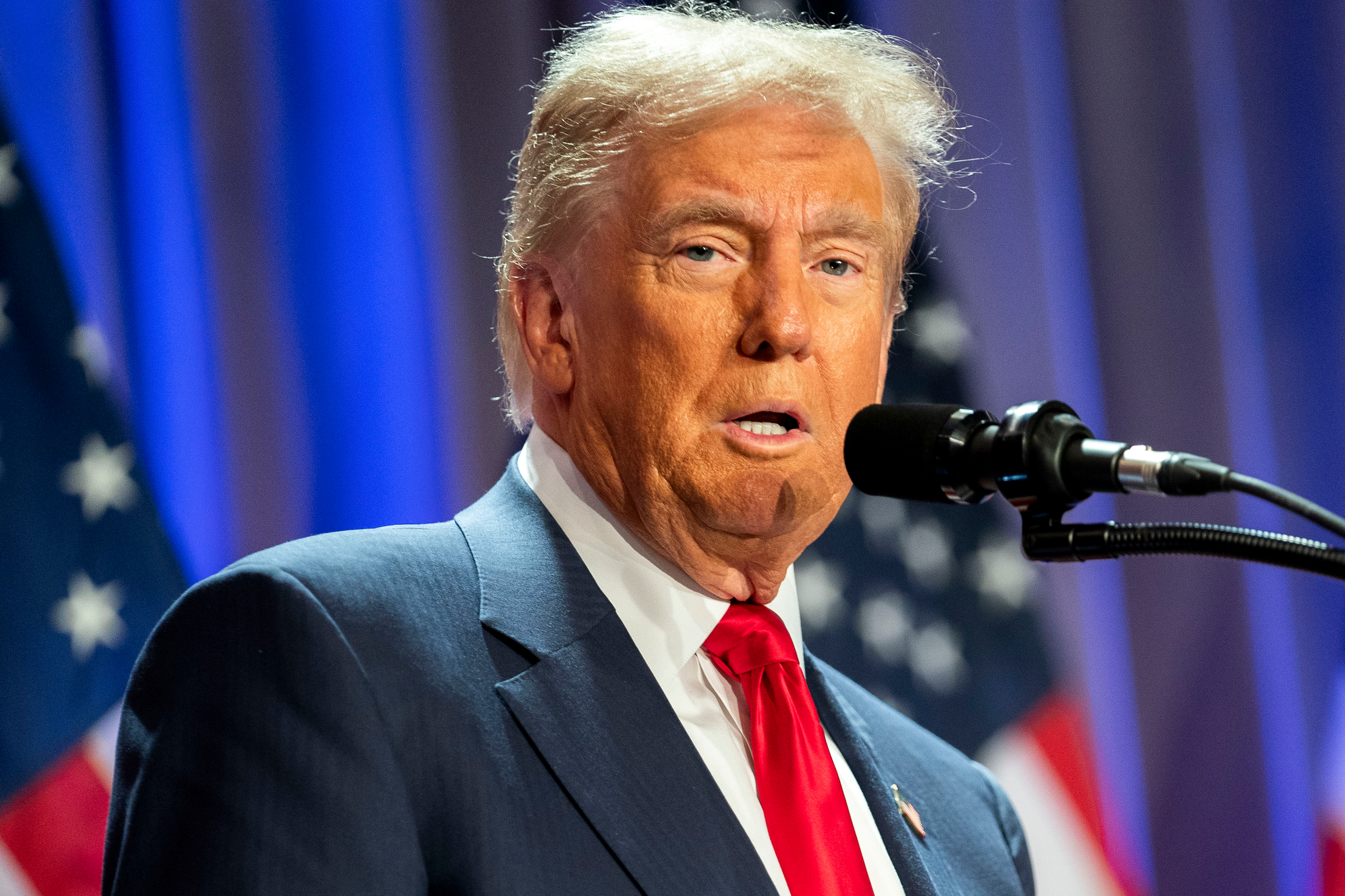A $1.2 billion Powerball jackpot will be up for grabs Wednesday night after an 11-week stretch without a big winner, but no matter how large the prize grows the odds stay the same — and they're terrible.
It's those odds of 1 in 292.2 million that make the jackpot so hard to win and that result in such giant prizes for the lucky player or players who manage to pick the game's six winning numbers. The latest Powerball jackpot is the world's seventh-largest lottery prize. The last time someone won the top prize was July 19.
GAME DETAILS
In most states, Powerball tickets cost $2 and buyers can chose their own numbers and single Powerball or leave that task to a computer. Powerball drawings are held three times a week at 10:59 p.m. EDT on Mondays, Wednesdays and Saturday, with the numbers selected at the Florida Lottery in Tallahassee.
Get top local stories in Connecticut delivered to you every morning. Sign up for NBC Connecticut's News Headlines newsletter.
Once the numbers are chosen, it usually takes a couple hours to determine if there is a jackpot winner. If there isn't a winner, state lottery officials release a jackpot estimate for the next drawing. If there is a winner, the jackpot reverts to $20 million and begins the long process of growing until there is another winner.
HOW IS THE JACKPOT DETERMINED?
U.S. & World
The jackpot is based on revenue from ticket sales, so the more people who play the game, the faster the top prize grows. However, even though the current jackpot is advertised as $1.2 billion, the lottery has less than half that amount available for the top prize. That's why the cash prize — which most winners take — would be $551.7 billion.
Players also can choose an annuity, in which that $551.7 billion would be paid to a company that would guarantee a return over 30 years of $1.2 billion. If a winner dies before collecting all their money, the remainder would go to the winner's estate.
WHAT ABOUT TAXES?
State lotteries will immediately deduct 24% of jackpot winnings for federal taxes, and additional federal taxes may be required when filing federal tax returns. State taxes will vary as some states don't tax lottery winnings at all and others tax the money at different rates.
Players who buy winning grand prize tickets in a state different from where they live will pay taxes based on where they bought the ticket.
DO POWERBALL ODDS CHANGE BASED ON THE NUMBER OF PLAYERS?
The game's odds remain 1 in 292.2 million regardless of how big the jackpot is and the number of people buying tickets. Those odds mean there are 292.2 million possible number combinations.
To put the immensity of that into context, note that for Monday's drawing players across the country chose just over 20% of those possible combinations. That means nearly 80% of the possible combinations were not selected, so the odds were pretty good that there wouldn't be a winner.
Typically, the larger the jackpot grows, the more people play and the more combinations are covered. People also usually buy more tickets on Saturdays, which increases the chance of a winner for those drawings.
CAN WINNERS REMAIN ANONYMOUS?
Rules vary from state to state with some requiring that jackpot winners be named and others allowing anonymity. Some states have more detailed rules, such as in Florida, where winners can remain anonymous for 90 days before the state lottery releases their name.
WHERE IS THE GAME PLAYED?
Powerball is played in 45 states as well as Washington, D.C., Puerto Rico and the U.S. Virgin Islands. The other nearly national lottery game, Mega Millions, is also played in those 45 states as well as Washington, D.C., and the U.S. Virgin Islands. The five states that don't participate in the games are Alabama, Alaska, Hawaii, Nevada and Utah.



